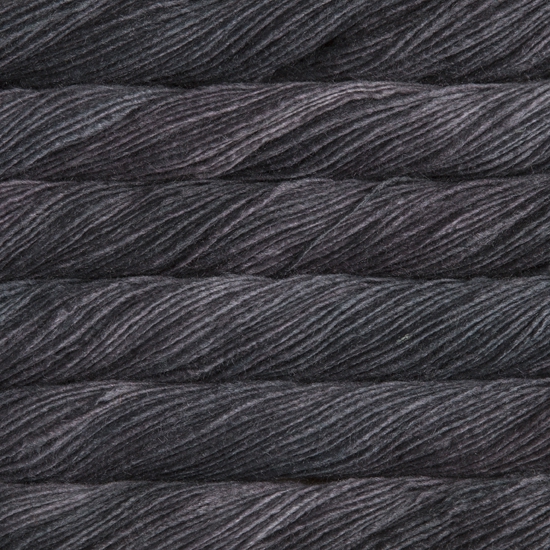The Importance and Benefits of Merino Wool

Introduction to Merino Wool
Merino wool, harvested from the Merino sheep, has gained immense popularity in the textile industry owing to its exceptional qualities. This natural fibre is celebrated for its softness, breathability, and thermal regulation, making it an ideal choice for a wide range of clothing, from outdoor apparel to high-end fashion. With increasing interest in sustainability and eco-friendly materials, merino wool is becoming a key player in the movement towards more responsible fashion practices.
The Merino Sheep: A Unique Breed
Originating in Spain and later refined in Australia and New Zealand, Merino sheep are renowned for their fine wool. The breed is characterised by its dense, soft fleece, which can be harvested without harm to the animal. This cruelty-free aspect of wool production is appealing to the modern consumer who values ethics alongside aesthetics in their shopping choices.
The Versatility of Merino Wool
One of the most significant attributes of merino wool is its versatility. It can be spun into fine threads suitable for lightweight garments or thicker yarns for warmer clothing. Fashion brands have widely adopted merino wool for sportswear, as it wicks moisture away from the skin, keeping the wearer comfortable in both warm and cool conditions. Beyond clothing, merino wool is being used in home textiles like blankets and carpets, further demonstrating its adaptability.
Sustainability and Environmental Impact
In today’s environmentally conscious market, merino wool stands out due to its sustainability profiles. Being a natural fibre, it is biodegradable and renewable, contrasting sharply with synthetic alternatives which contribute to plastic pollution. Furthermore, the farming practices for merino sheep are increasingly being scrutinised to ensure animal welfare and land management practices are sustainable. Many brands now invest in sustainable practices, which not only benefit the environment but also appeal to a growing consumer base that prioritises eco-friendliness.
Conclusion: The Future of Merino Wool
As consumers become more informed about their purchasing decisions, the demand for high-quality natural fibres like merino wool is expected to increase. This trend is likely to spur the growth of the merino wool industry, promoting innovations in sustainable agriculture and textile manufacturing. With its unique properties and eco-friendly advantages, merino wool is set to maintain its status as a premium textile choice, catering to a wide array of markets from luxurious fashion to functional outdoor wear.

